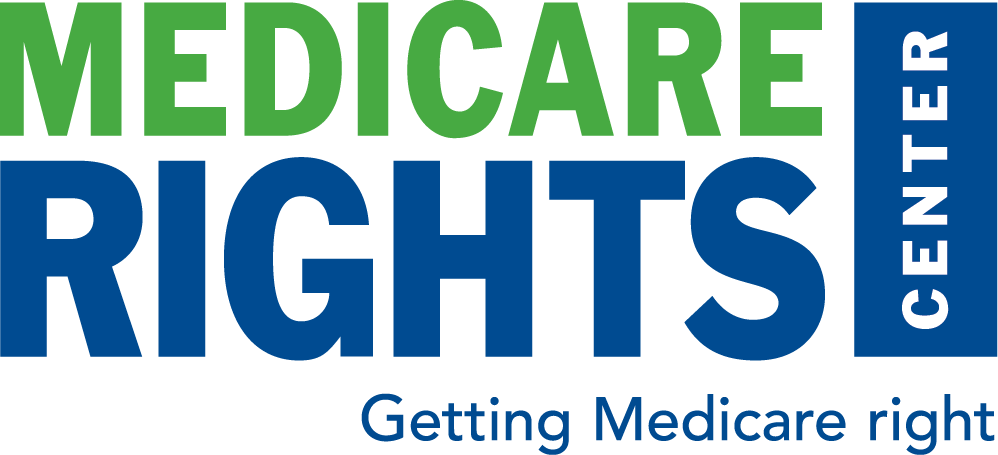CMS Releases Interim Final Rule for Medicare Policy During the Coronavirus Emergency Period
- By Lindsey Copeland
- April 9, 2020

On April 6, the Centers for Medicare & Medicaid Services (CMS)—the agency that oversees the Medicare program—published an interim final rule (IFR) with comment period, Policy and Regulatory Revisions in Response to the COVID-19 Public Health Emergency. The IFR reinterprets and clarifies several Medicare rules and policies for the duration of the COVID-19 (coronavirus) emergency period, often to increase access to telehealth services. The rule is retroactive to March 1, and comments on the rule are due June 1.
The IFR does not directly reflect the Coronavirus Aid, Relief, and Economic Security (CARES) Act, which was signed into law on March 27 and also makes changes to Medicare telehealth coverage. Since many of the CARES Act’s revisions align or overlap with the IFR, additional federal guidance will likely be needed to explain how these authorities should work together.
Some key policies in the IFR are include:
New Telehealth Codes. CMS is temporarily allowing a number of new services to be furnished via telehealth, including emergency department visits; initial nursing facility and discharge visits; and home visits, which must be provided by a clinician that can provide telehealth.
Technology Requirements. CMS clarifies that to be considered an “interactive telecommunications system” for the purpose of providing Medicare telehealth services during the emergency, the system must include, at a minimum “audio and video equipment permitting two-way, real-time interactive communication between the patient and distant site physician or practitioner.”
HIPAA Concerns. The rule references recent guidance from the Department of Health and Human Services (HHS) Office for Civil Rights (OCR) regarding the agency’s decision to exercise its enforcement discretion and not impose penalties for Health Insurance Portability and Accountability Act (HIPAA) violations resulting from providers’ “good faith” provision of telehealth services during the coronaviurs outbreak. This effectively allows providers to temporarily use any non-public facing remote technology—such as FaceTime or Skype—to communicate with their patients.
Cost-Sharing Waivers. The HHS Office of Inspector General (OIG) previously announced that providers will not be subject to administrative sanctions for reducing or waiving any cost-sharing obligations beneficiaries may owe for telehealth during the emergency period. In the IFR, CMS clarifies that this policy is not limited to telehealth. Instead, it applies to “a broad category of non-face-to-face services” including “telehealth visits, virtual check-in services, e-visits, monthly remote care management, and monthly remote patient monitoring.”
Home Health. The CARES Act and the IFR both expand the availability for Medicare-enrolled home health agencies (HHAs) to utilize telehealth technology. Under these changes, HHAs may provide more services to beneficiaries using telehealth within the 30-day episode of care. However, any telehealth services provided to Medicare beneficiaries must be designated as such in the beneficiary’s plan of care and cannot substitute for required in-person visits.
Definition of “Homebound.” CMS is also revising its interpretation of “homebound” for the duration of the public health emergency. Specifically, CMS will consider a beneficiary who needs skilled services to be “homebound” for purposes of qualifying for the Medicare Home Health Benefit if a physician determines the individual should not leave home because of a medical contraindication or a confirmed or suspected coronavirus infection.
Hospice. Both the CARES Act and the new rule also allow telehealth to be more widely used by Medicare-enrolled hospice providers. The use of such telecommunications must not jeopardize the patient’s health or the health of the patient’s service providers, and it must be included on the plan of care. The IFR and the CARES Act allow the face-to-face encounters required for recertification to be conducted via telehealth.
Opioid Treatment Programs. Prior to the IFR, telehealth services provided under the bundle of services for Opioid Treatment Programs (OTP) required two-way audio-visual conferencing. During the coronavirus emergency, CMS will permit audio-only communications to suffice. The agency notes this waiver is necessary to ensure opioid treatment services continue uninterrupted during the pandemic.
Telephone Evaluation and Management (E/M) Services. The rule clarifies that during the emergency—and subject to state law prohibitions—Medicare will reimburse providers for evaluating beneficiaries (under certain E/M codes) through audio-only devices instead of requiring the use of those with real-time audio and video capabilities. This applies to E/M services provided to new and established patients, and the service may involve a caregiver or the beneficiary.
Ambulance Transportation. Also during the emergency period, CMS is allowing Medicare to cover ambulance transportation to any site that is equipped to treat the beneficiary, consistent with state and/or local protocols.
Medicare Rights is planning to submit comments on the IFR and will provide additional analysis as needed. Our blog post, What You Need to Know About Coronavirus and Medicare Coverage, has been updated to incorporate recent regulatory and statutory changes that most immediately impact people with Medicare. We will also continue to advocate for improvements to Medicare access and affordability, during the current emergency and beyond.
The Latest
Most Read
Add Medicare to Your Inbox
Sign up to receive Medicare news, policy developments, and other useful updates from the Medicare Rights.









